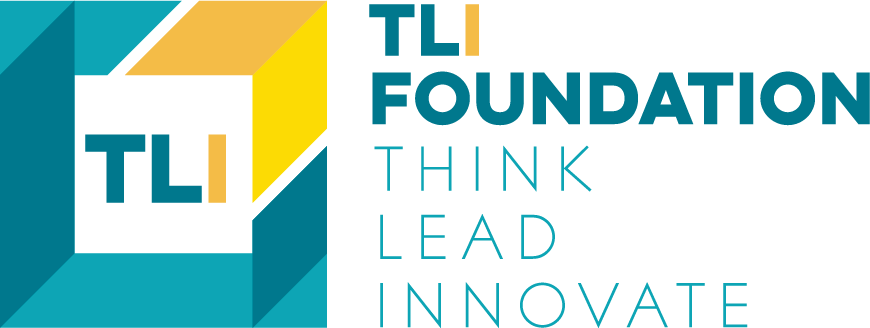TLI is building a patient portal to collect data from people living with macular degeneration which can be used to inform clinical practice, support research, increase patients’ functional outcomes, and empower patient engagement in the management of their care plan.
Read MoreWe supported the BHMC pilot program for the Consortium for Health and Military Performance (CHAMP) at the Uniformed Services University (USU).
Read MoreWe created the Enhanced Patient Centered Medical Home framework and transformative model, anchored to principles of good primary medical care, accepting the basic requirements for a PCMH.
Read MoreSecure care redesign project by Fort Belvoir Community Hospital to build a new operating model for primary care around patient-centered medical home research.
Read MoreTEMPPO is an interactive virtual coaching platform designed for Service Member’s personal use to improve their fitness and readiness.
Read MoreWe provide subject matter expertise to the Uniformed Services University of the Health Sciences (USUHS) by conducting research in the field of human performance to meet objectives for the development of a toolbox for outcome metrics.
Read MoreWe convened all four Surgeon Generals and their staff to discuss the future of federal and military health care to the year 2045 and discussed activities which were future independent such as expansion of research, global health engagement, and humanitarian assistance. Some of the activities discussed at this collaborative translated into new programs for the DoD and VA.
Read MoreWe supported the BHMC pilot program for the Consortium for Health and Military Performance (CHAMP) at the Uniformed Services University (USU).
Read MoreAfter more than four years of intense market research and proof-of-concept development, TLI is partnering with the Mayo Clinic to foster the initiation of a limb loss registry project through the National Institute of Child Health and Human Development (NICHD) and the Department of Defense (DoD).
Read MoreFor the US Army Medical Research and Materiel Command (USAMRMC), TLI staff presented evidence in a transparent fashion to all stakeholders, allowing for a level playing field to understand the current state of the evidence, where the gaps exist, the strengths and weaknesses.
Read MoreWe created the Enhanced Patient Centered Medical Home framework and transformative model, anchored to principles of good primary medical care, accepting the basic requirements for a PCMH.
Read MoreCollaborates with Los Angeles County to create a $5 million consortium to build community resilience in the face of the opioid epidemic in collaboration with our Fellow from George Washington University.
Read MoreTLI personnel launched and managed the Chronic Pain Breakthrough Collaborative to assist the many Americans who suffer from chronic pain and to support the health care leaders working to reverse the opioid epidemic.
Read MoreSecure care redesign project by Fort Belvoir Community Hospital to build a new operating model for primary care around patient-centered medical home research.
Read MoreTLI was chosen to support the Million Veteran Program (MVP), a national research program to study how genes, lifestyle and military exposures affect health and illness.
Read MorePartners with The Association of Program Directors in Surgery (APDS) to help improve surgical training programs and to allow for data-driven innovation in surgical education.
Read MoreAfter more than four years of intense market research and proof-of-concept development, TLI is partnering with the Mayo Clinic to foster the initiation of a limb loss registry project through the National Institute of Child Health and Human Development (NICHD) and the Department of Defense (DoD).
Read MoreTEMPPO is an interactive virtual coaching platform designed for Service Member’s personal use to improve their fitness and readiness.
Read MorePartners with Midwest Business Group on Health to improve mental health outcomes for employees struggling with the many stressors of the COVID-19 pandemic.
Read MoreWe convened all four Surgeon Generals and their staff to discuss the future of federal and military health care to the year 2045 and discussed activities which were future independent such as expansion of research, global health engagement, and humanitarian assistance. Some of the activities discussed at this collaborative translated into new programs for the DoD and VA.
Read More















